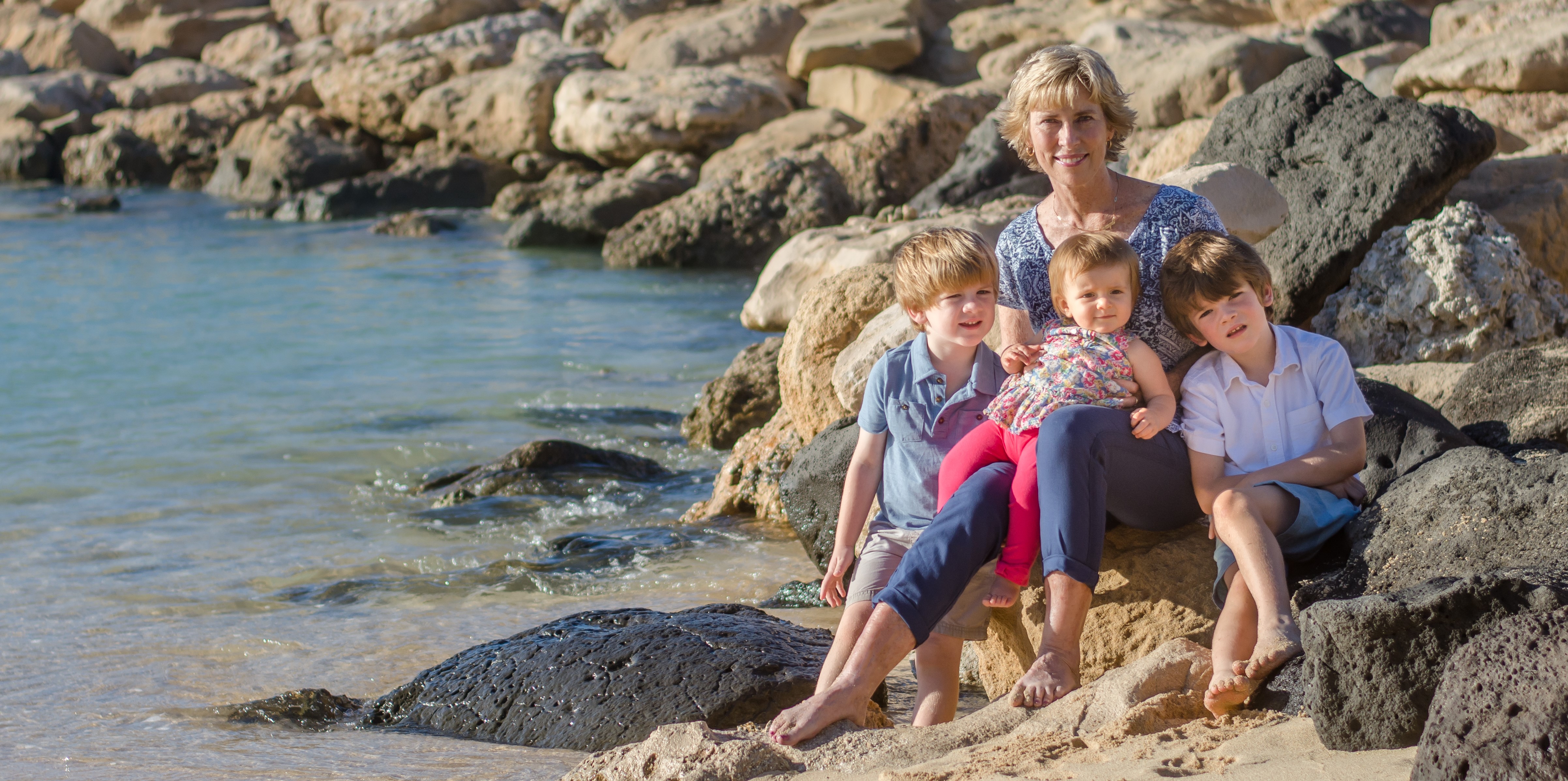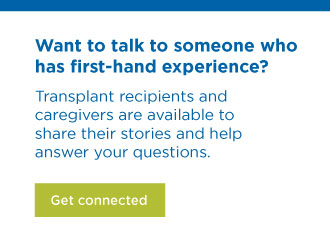Lorayne’s journey through AML diagnosis, treatment and recovery
It was Monday, Oct. 17, 2011. Lorayne had just dismissed her class of kindergartners for the day when the school office told her she needed to call her doctor right away. A few days earlier,
she had gone to the doctor because she was feeling lightheaded, very tired and couldn’t catch her breath. But she didn’t expect the news she got.
“They told me to come to the hospital right away. My blood counts were extremely low and I was
seriously anemic. I needed a blood transfusion. I thought I would have the transfusion, get those iron supplements my doctor had been recommending, go home and be back to work the next day. That’s not what happened,” she remembers.
She was
admitted to the hospital. Two days later she learned she had acute myeloid leukemia (AML).
“Getting
a diagnosis of a blood cancer was frightening, overwhelming and bewildering. I didn’t know what to expect,” Lorayne says.
While she was in the hospital getting induction chemotherapy, she talked to her health care team about her treatment
options. For her, a blood or marrow transplant (BMT) was her best hope for a cure.
A BMT, also called bone marrow transplant or blood stem cell transplant, replaces the unhealthy blood-forming cells in a person’s body with healthy ones.
The
type of BMT that treats AML is called an allogeneic transplant. It uses healthy blood-forming cells donated by someone else to replace a person’s unhealthy ones. The donated cells can come from a family member, someone unrelated to the patient, or
umbilical cord blood.
“I was nervous about what was ahead for me, but as I was preparing to have my BMT in March 2012, I met Wendy,” Lorayne shares.
Wendy was a Be The Match® Peer Connect volunteer who had also had a BMT. She stopped
by Loryane’s room to talk.
“Talking to Wendy gave me hope. She answered all of my questions. Her positive attitude gave me such strength and determination,” Lorayne says.
She’s also grateful for the support she received from the
Be The Match Patient Support Center.
“Be The Match has been with me every step of the way, supporting me, counseling me and providing information and education about things I might experience after transplant. If I need support, I know they’re
always just a phone call away,” she says.
Her experience meeting Wendy and connecting with the Patient Support Center staff motivated her to become a Be The Match Peer Connect Volunteer, too.
“I feel privileged that I have been able
to give back and talk to other people that are going through what I went through. There are so many types of support Be The Match offers to both patients and their families—from counseling services to information on financial grants and clinical trials
to educational resources—and I’m happy I can pass that information along to others,” Lorayne shares.
While her recovery has had ups and downs, Lorayne has kept a positive attitude.
“My journey wasn’t easy, and I learned to take one
day at a time,” she says. “That’s a message I want to pass on to other people who are going through treatment and recovery. I want them to know that they can do this.”
Connect with us
At Be The Match, our goal is to help patients
and their loved ones get the support they need, when they need it from their diagnosis through recovery. We’re only a click or call away. All of our programs and resources are free.
Request a connection with a BMT patient navigator
Call 1 (888) 999-6743 (Monday through Friday, 8 a.m. – 5 p.m. Central Time)
Email your questions to patientinfo@nmdp.org


